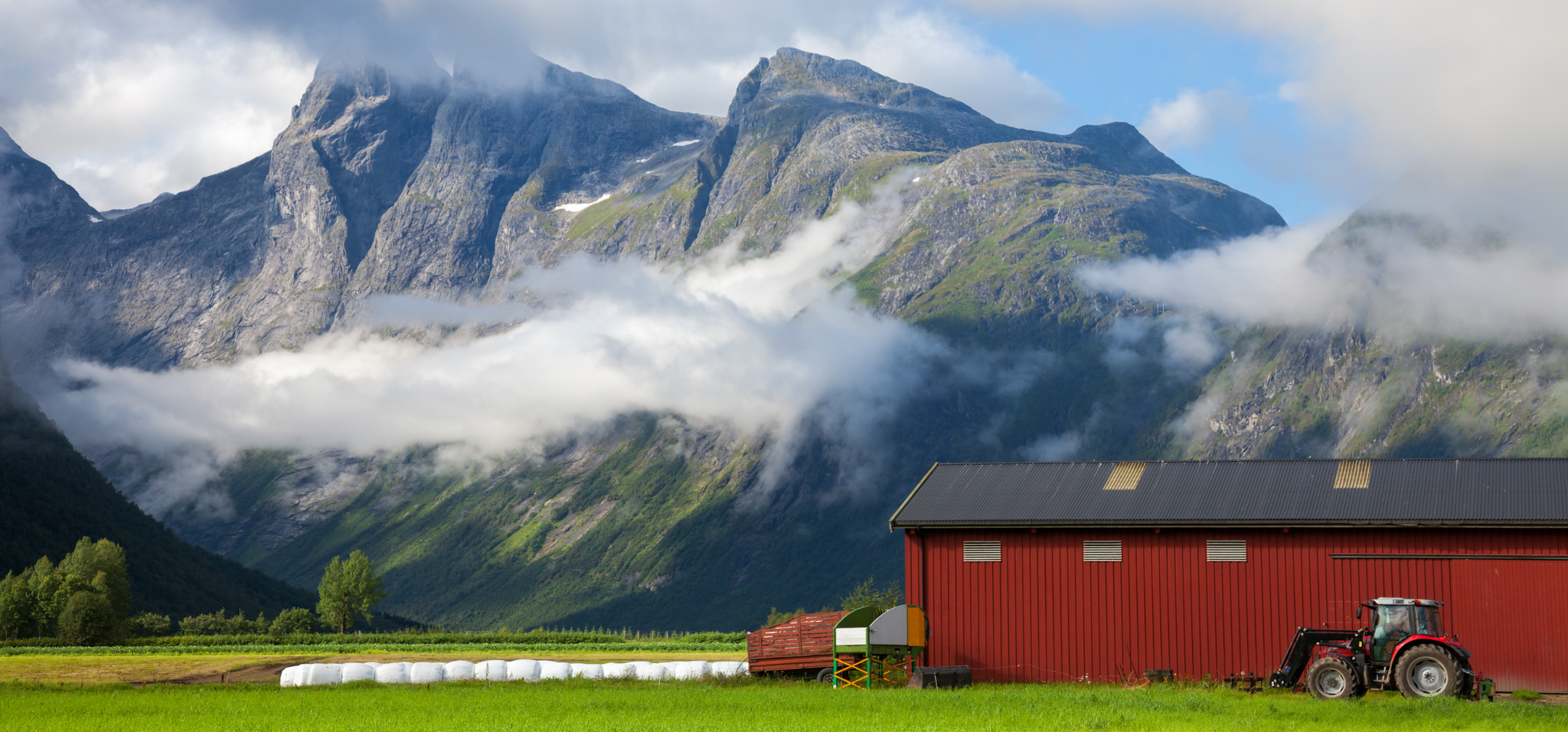
Author: Bob van Oort (CICERO, FABLE Norway).
The UN Food Summit in New York '21 and the subsequent stocktaking event UNFS+2 in Rome '23 set the stage for a national dialogue on the sustainability of Norway's food system on October 20th, 2023. Led by the Ministry of Agriculture, the dialogue convened 108 individuals and 73 organizations, among them CICERO (leading institute of FABLE Norway). The outcome, documented in the report 'Norway's Path Towards a Sustainable Food System', marks a significant step forward in addressing the challenges and opportunities of Norway's food sustainability landscape.
The dialogue was structured around a series of thematic presentations delivered by invited speakers, followed by workgroup discussions covering crucial aspects of sustainable food systems, including:
(a) More climate-friendly food production,
(b) Development of sustainable feed,
(c) Competition, value creation, and employment in the food value chain, and (d) Healthy and sustainable food, and
(e) Norway's contribution to a sustainable global food system.

Eat Norwegian, eat in season, eat up
Throughout the meeting, there was agreement that the system and Norway's contribution need to become more sustainable, while simultaneously underlining the natural conditions for growing grass as feed for ruminants — a basis for a longstanding narrative and polarized debate in Norway regarding what to produce and what to eat. Introductions pointed to processes such as circular systems using leftover products, reduced food waste, increased organic production, the importance of public procurement, reduced emissions in ruminants by using methane blockers, and the development of scoring and labelling systems for combined sustainability. Some key takeaways were a focus on improved production practices, improved feed, and reduced imports.
On behalf of CICERO and FABLE Norway, I took the stage in the final session of the dialogue and summarized, from our perspective, the important issues to be aware of, and included in a sustainable food system going forward.
Food systems are dynamic, and production and consumption patterns have changed significantly over time and will continue to do so in the future. "Eat what we grow and grow what we eat" does not imply being static and just consuming what we are good at producing. What may have been sustainable in the past may not be so now. It means we have to broaden our vision, think dynamically, and adapt what we grow to the needs of people, health, and the planet. This may entail transitioning to lower emission and healthier products, and regardless of what we produce, employing improved production methods aligned with climate, nature, and health goals.
Sustainability is not about a product but about the entire food production within a larger context, including emissions from many other sectors, that must be sustainable. Challenges to making such productions profitable must be addressed regardless of the climate, health, and environmental goals; farmers, just like everybody else, deserve fair salaries and working conditions.
Sustainability focus does not stop in 2030 (the target year for discussion in the dialogue) but will carry on long after, to 2050, 2100, and beyond. This was identified as a weakness in the dialogue and, in hindsight, also in the report. Change takes time, both in production and consumption. If the focus remains mainly on a near-term date such as 2030, many production systems may adapt poorly, investing in productions which may be unsustainable over time. Particularly, such misinvestments can be critical, as today's farmers are economically pressed, with low profitability and high demands.
It is important to have clarity regarding the term "sustainability." It is a concept that is frequently used and often misinterpreted, leading to confusion, conflict, and division. By specifying the type of sustainability we are discussing, we can reduce much of this friction. It is essential to recognize that there may be trade-offs between different aspects of sustainability. While local jobs and traditions hold significance, it is crucial to acknowledge that changes in climate and nature do not care much for such human notions.
Both climate and nature, including soil health and pollination, are indispensable for present and future food production. Therefore, these environmental sustainability issues should underpin and frame any efforts to improve sustainability in other areas. Objectives related to health, economy, employment, and more can be achieved by altering what we produce and consume, rather than solely focusing on where and how we produce. Prioritizing food security over self-sufficiency entails both enhancing domestic production and consumption and ensuring resilient, low-emission production systems globally.